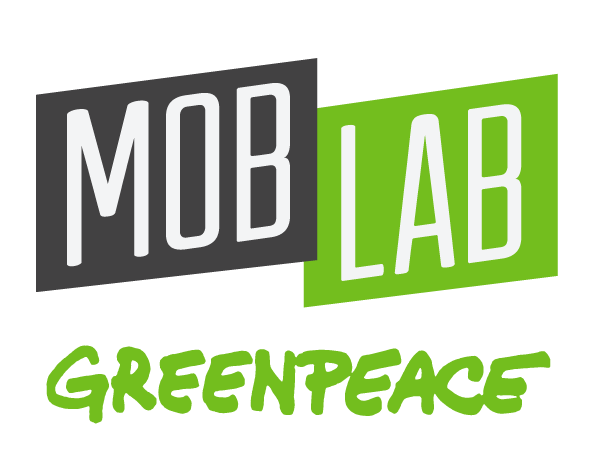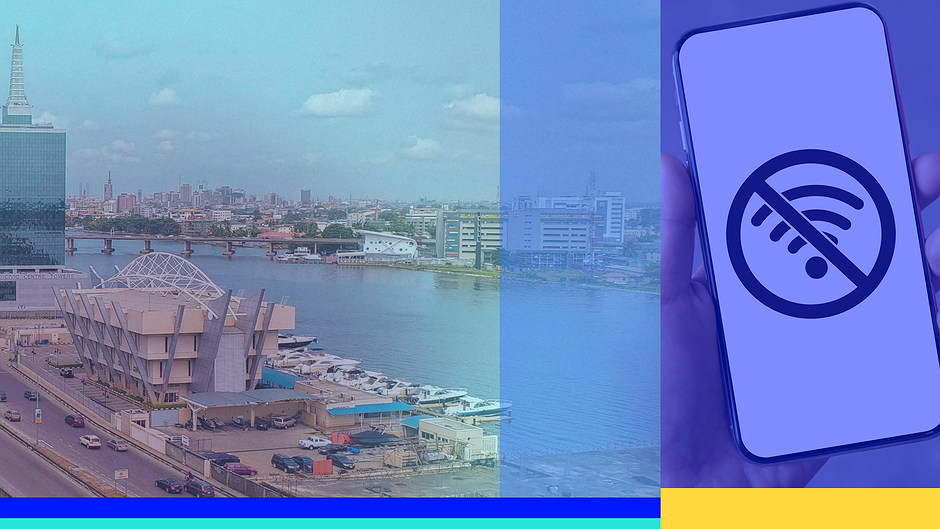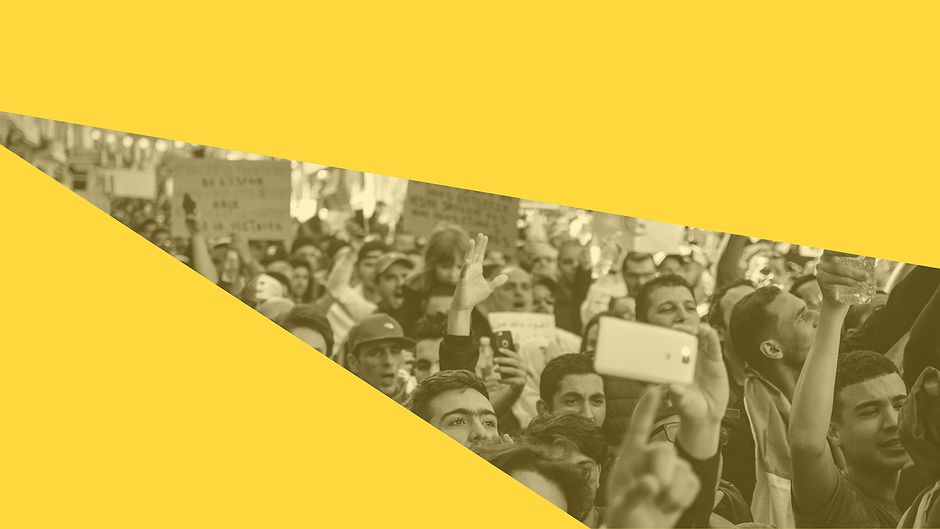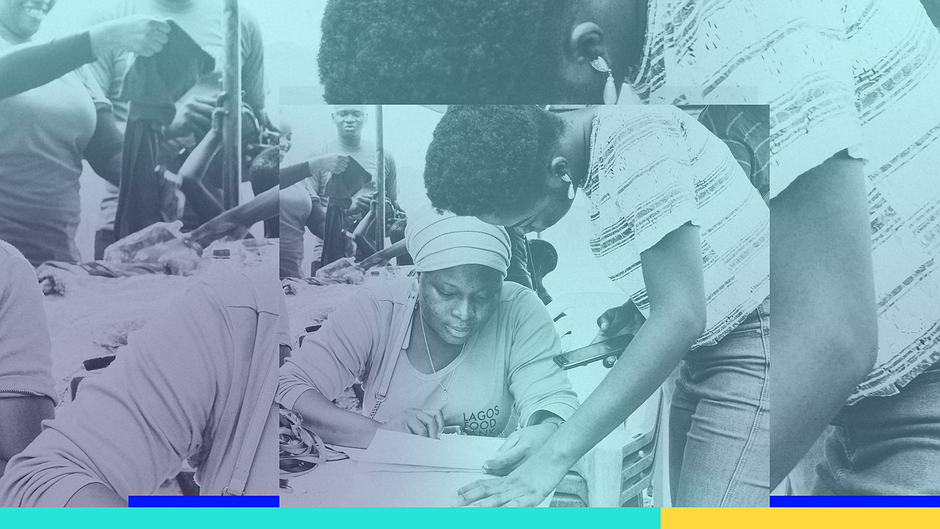Advocacy
50 mins
Making an impact with the Universal Periodic Review

- Abstract:
- This course will give you an overview of how the Universal Periodic Review works, and serves as a guide for civil society organisations to advance human rights.
- About this course:
- This course will teach you about the different tactics to get your agenda across and make change happen. You’ll hear top tips and advice from experienced advocates who have taken part in the Universal Periodic Review.
- What do I learn:
- You will learn about how to practically apply your knowledge to the Universal Periodic Review. You'll also learn from in-depth interview case studies on writing a summary report and engaging with different governments at in-country level and in Geneva.
- What do I need to know:
- This course is suitable for activists and human rights defenders who plan to take part in the Universal Periodic Review. We suggest you take our first course on Introduction to the Universal Periodic Review before you enrol in this course.
Trainers
- 1.1 Introduction to the course1.2 The role of CSOs in the UPR process1.3 Advice for CSOs new to the process1.4 Strengths and weaknesses of the UPR
- 2.1 Preparing your summary report2.2 Writing style and language2.3 Presenting information at one to one advocacy meetings2.4 CSO coalitions and your summary report2.5 Case study: CIVICUS in Ethiopia2.6 Case study: Progressive Voice in Myanmar
- 3.1 UPR advocacy: In Geneva vs in-country3.2 How to tailor advocacy at recommending states3.3 How to choose what issues to focus on3.4 Ethics for advocates when influencing governments3.5 Case study: SRI in Senegal
- 4.1 When states accept recommendations4.2 Framing your CSO’s strategy for the UPR working group4.3 Aligning CSO goals with UPR process4.4 Internet rights and the UPR
- 5.1 Having your recommendations taken up5.2 Following up on recommendations & linking to broader advocacy strategies
- 6.1 Security concerns for participating in UPR6.2 Wrap up video
Related courses
 CUNY Brooklyn College
CUNY Brooklyn College
90 mins
 CUNY Brooklyn College
CUNY Brooklyn College
40 mins
 Greenpeace Mob Lab
Greenpeace Mob Lab
40 mins
 Greenpeace Mob Lab
Greenpeace Mob Lab
Suggested reading

Blog
Building Capacity for Monitoring & Documenting Human Rights Violations
The purpose of this assessment is to evaluate the efficacy of strategies used by HRPs/HRMOs for communicating during blackouts. The goal of this project envisages to see a ZimbabweanCivilSociety that is prepared to document and monitor human rights violations without hiccups during internet shutdowns.

Blog
Advocacy Assembly Internet Shutdown Academy: Creative Strategies to Fight Back
Internet shutdowns are occurring increasingly globally, posing significant threats to freedom of expression, access to information & economic growth. These shutdowns manifest in various forms through different technical measures & are implemented by governments in various circumstances. Responding to this threat of internet shutdowns, Advocacy Assembly designed the Internet Shutdown Academy, a set of 10 full online courses in 7 languages!

Blog
Evaluating the Efficacy of State-Imposed Telecom Shutdowns in Northwest Nigeria
This article casts doubt on the shutdowns' effectiveness in curbing banditry, exposing alternative explanations for any temporary decrease in attacks. It questions the legitimacy of justifying these shutdowns as effective counter-terrorism measures, advocating for alternative approaches that prioritize community engagement, human rights, and development initiatives to address the root causes of insecurity and foster lasting peace in Northwestern Nigeria and Nigeria at large.

Blog
Impact of the Twitter Ban in Nigeria
This post is a research study on the impact of the Twitter ban in Nigeria on Human Rights Monitoring, Advocacy and Creativity. Read more.

Blog
Four Free Toolkits to Fight Internet Shutdowns
Let’s tell you a little bit more about each toolkit!

Blog
The Impact of Internet Disruptions on Farmers in Nigeria
In Nigeria’s Northwestern Sokoto State, farm workers grapple with geopolitical challenges, shifting climate realities, and economic turbulence. However, they now face a new, growing threat: a troubling rise in internet disruptions, which threatens their ability to work in an increasingly digitally connected world. Read more.
